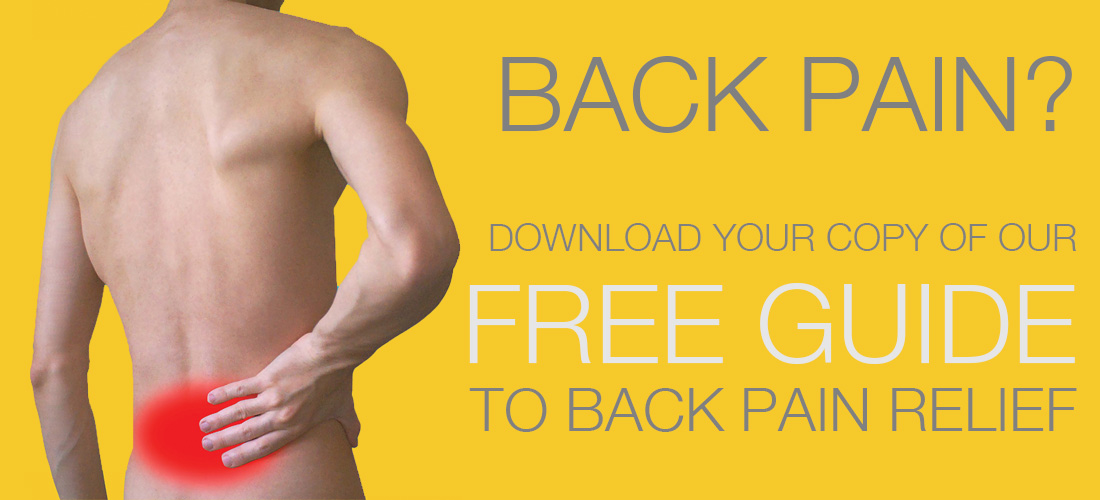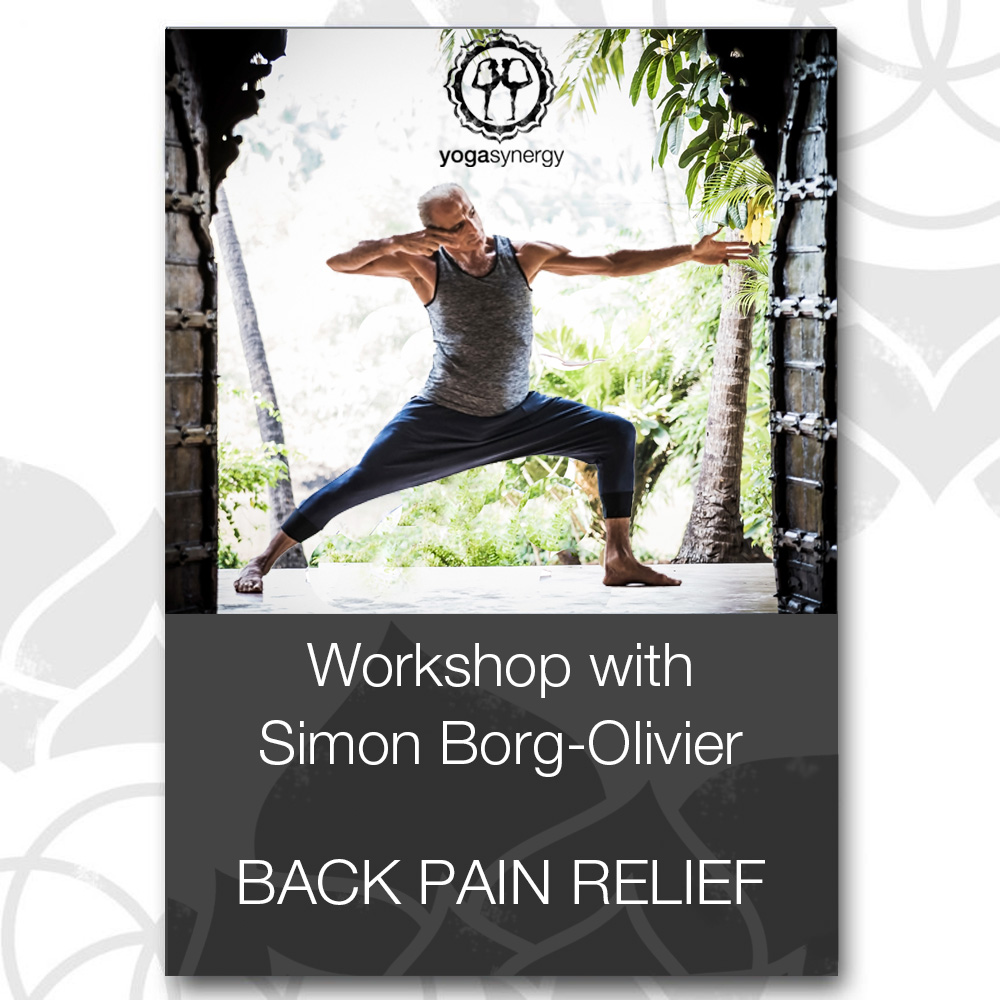I have been asked the following question about back pain doing postures. Here is my short general answer:
QUESTION: I have difficulty breathing in when I drop back to a back arch (urdhva dhanurasana) from standing with my arms in the air (urdhva hastasana) as it aggravates my back pain. Can you suggest anything to help me?
MY ANSWER: It is common problem to confuse the muscles of trunk stability with the muscles of breathing. It sounds like that is what you are doing. When you ‘drop back’ to a back arch you need to be ‘firm but calm’ (sthira sukham asanam). Trunk firmness is best achieved in the upper trunk by compressing the chest by keeping the ribs inwards with the same muscles you use to make a forced exhalation from the chest. This action, in which the ribs are held close to the spine, is a type of compressive uddiyana bandha (chest lock).
However, when you using the muscles of chest exhalation to hold the trunk firm you cannot use the chest to inhale. Therefore you must inhale from the abdomen, using your diaphragm. However, an abdominal (diaphragmatic) inhalation will only be possible if you are not trying to firm the lower trunk and the abdomen with the muscles of abdominal exhalation.
It is commonly still taught that you can stabilise the lower trunk by ‘pulling the navel towards the spine’. Whilst no instruction is ‘wrong’ or ‘right’ as such in this case the act of ‘pulling the navel to the spine’ is generally achieved by using the muscles of forced abdominal exhalation, which when active generally inhibit or ‘switch off’ the main muscle of abdominal inhalation, which is the diaphragm. Hence you cannot breathe easily using the diaphragm, which is also important in keeping you calm.
In addition, you cannot breathe into the chest without increasing back pain. The solution involves learning to drop back without letting the spine compress by thinking of lengthening the front of the body without shortening the back of your body as you ‘drop back’ as well as in every back bending (spinal extension) posture. This can be achieved pushing the sitting bones down and forward and bringing the top of the hips backwards while pulling the navel forward and upward. This allows you to traction (lengthen) your spine, still create a firmness around the front of the abdomen using muscles such as the rectus abdominis, which do not inhibit the diaphragm, and thus allowing you to breathe into your abdomen.
namaste
Simon

BACK PAIN RELIEF -FREE GUIDE – DOWNLOAD HERE
In this FREE Guide you’ll learn:
How to stretch and strengthen safely to relieve your back pain
The best Yogic stretches for low-back pain
A simple series of active and spinal stretches
Seated Twisting Exercises
Modifications for severe back pain
Relaxation Exercises for soothing
“Intelligently applied exercise-based physiotherapy founded on the techniques of traditional hatha yoga can, in most cases, be of assistance in managing and improving back pain”
SIMON BORG-OLIVIER

Back Pain Relief Workshop with Simon Borg-Olivier
Join Simon for this recorded online workshop where you will learn the most common causes of back pain and how to manage it through intelligently applied exercise-based physiotherapy founded on the techniques of traditional hatha yoga.
This course is for…
- People who are prone to have lower back pain
- People with sedentary lifestyle
- People who do manual labour
- People who do a lot of lifting
- Yoga Teachers, Personal Trainers or any teacher of physical exercise
Share this Post

